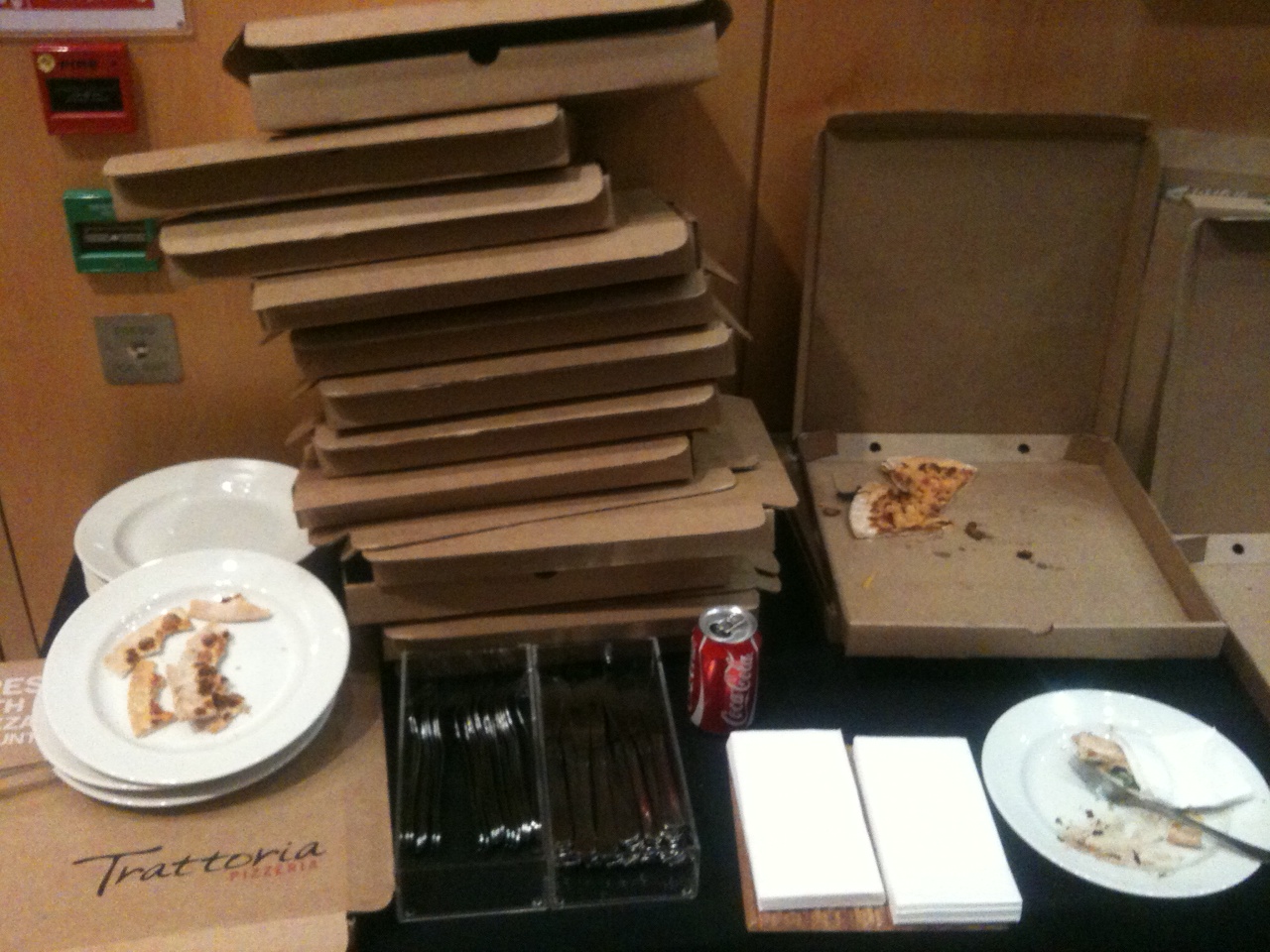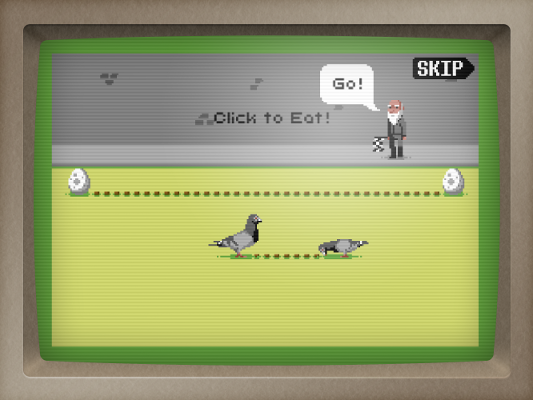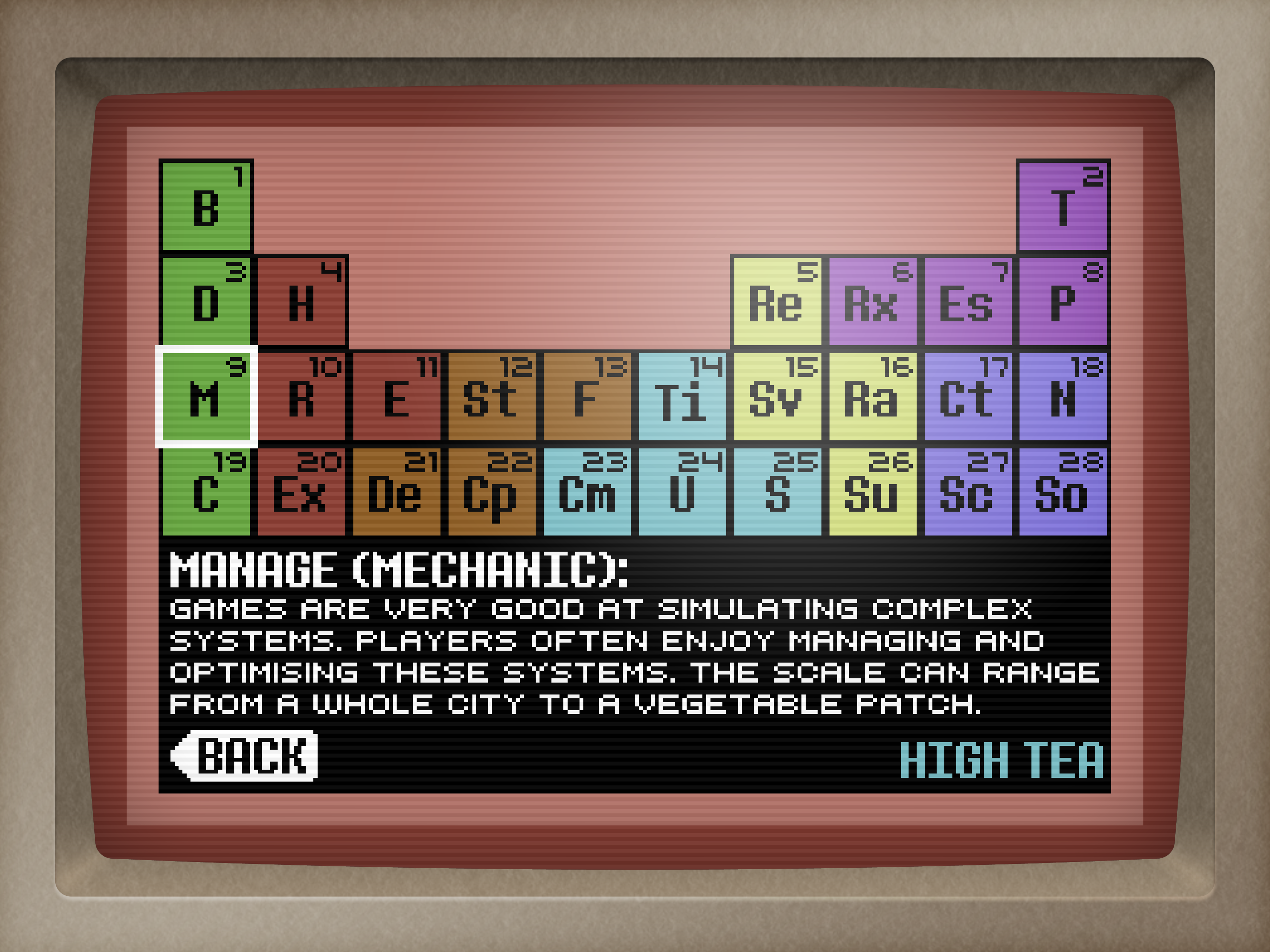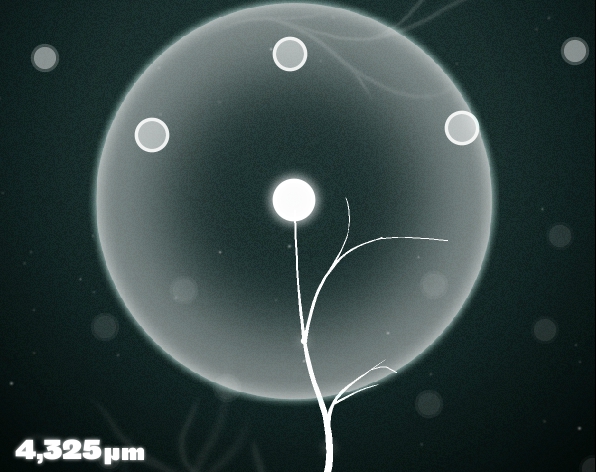Gamify Your PhD Hack Session in Tweets
/ Codey DyerThe Wellcome Trust 'Gamify Your PhD' hack session was a huge success (you can find out more about the project here and the tweets from the launch of the project here) and we've been tracking all the tweets and here's a few that caught our eye:
Ditto! “@OonaghTweets: Excited to see what comes out of #gamifyyourphd Hope it expands beyond Science PhD's next time round so I can play!
— Claire Bailey Ross (@clairey_ross) September 3, 2012
RT @TomasRawlings: #gamifyyourphd starts! http://t.co/hoI8Eoqf
— Phil Chamberlain (@philchamberlain) September 3, 2012
We're at #gamifyyourphd at @wellcometrust this morning - follow the hashtag to find out more over the next 48hrs pic.twitter.com/aferAcm3
— Wellcome Images (@wellcomeimages) September 3, 2012
I once did that brain stimulation, orgasms and romantic love story on Danny Baker (@prodnose). Listen http://t.co/RYHjGZcv #gamifyyourphd
— Daniel Glaser (@bnglaser) September 3, 2012
rocking #gamifyyourphd Never have I found bacteria so... Um, Fun!
— leanne bayley (@_ikouyo) September 3, 2012
More coffee and cookies @welcometrust know how to take care of game devs #gamifyyourphd
— leanne bayley (@_ikouyo) September 3, 2012
Spending the afternoon listening to chiptunes with #gamifyyourphd. This counts as work btw
— John Kendall (@kendalltweeting) September 3, 2012
Development fuel from #gamifyyourphd http://t.co/oD3v3d4V
— Tomas Rawlings (@TomasRawlings) September 3, 2012
The hack continues... #gamifyyourphd pic.twitter.com/hKtzExlJ
— Tom Boot (@tomcando) September 3, 2012
Spent the free time I had this morning making a second game for #gamifyyourphd get it here http://t.co/1MeEu41X (PC only unfortunately).
— Tom Parry (@Tom_A_Parry) September 4, 2012
Checklist nearly complete #gamifyyourphd pic.twitter.com/TBXMGZ2F
— Tom Boot (@tomcando) September 4, 2012
The presentations have started for the final stage of #WellcomeTrust's #GamifyYourPHD project. Great stuff. A shame @joelwinst isn't here..
— Will Freeman (@spadgy_OTA) September 4, 2012
I never thought if see a rhythm game based on RNA prep. #gamifyyourphd
— Benjamin Thompson (@JacquesHughes) September 4, 2012
Ulysses Contact game is v strange & beautiful #gamifyyourphd
— Danny Birchall (@dannybirchall) September 4, 2012
With thanks to @welcometrust #gamifyyourphd was great fun! Really looking forward to the next one!
— leanne bayley (@_ikouyo) September 4, 2012
Feel I have bonded with the amazing geniuses @thoughtden (top of last 3!*) at #gamifyyourphd. Well clever&lovely. *maynotbeofficialposition
— Gemma Sharp (@ammegandchips) September 4, 2012
@themicrobelog @wellcometrust Intriguing! Where/ when can we play it? #gamifyyourphd
— Thrifty Mum (@RaisingGinger) September 4, 2012
Big thanks again to @TomasRawlings and everyone at Wellcome for organising a really quite brilliant game jam event. #gamifyyourphd #bacon
— NatAlt (@natalt) September 5, 2012
Mmm... games jam... RT @wellcometrust: Hot on the heels of #gamifyyourphd, we've got a games jam coming up. Interested? http://t.co/1X5xHxw1
— BBC Future (@BBC_Future) September 5, 2012
On that note; a blog post about games and science and bread with lots of pictures! http://t.co/iKM2bgPv #gamifyyourphd
— NatAlt (@natalt) September 6, 2012
Develop article on #gamifyyourphd. (check out the tags @clockworkcuckoo @ashleygwinnel ): http://t.co/AVTR89ZR
— Nick Dymond (@NEDymond) September 6, 2012
Gamers as Digital Scientists (thanks to @jBenson) #gamifyyourphd @wellcometrust http://t.co/pLK0WV14
— Tomas Rawlings (@TomasRawlings) September 7, 2012
@thomasforth Looking forward to seeing the future innovations! (and bravo to @wellcometrust - #gamifyyourphd is already innovative)
— Andrew Su (@andrewsu) September 15, 2012






